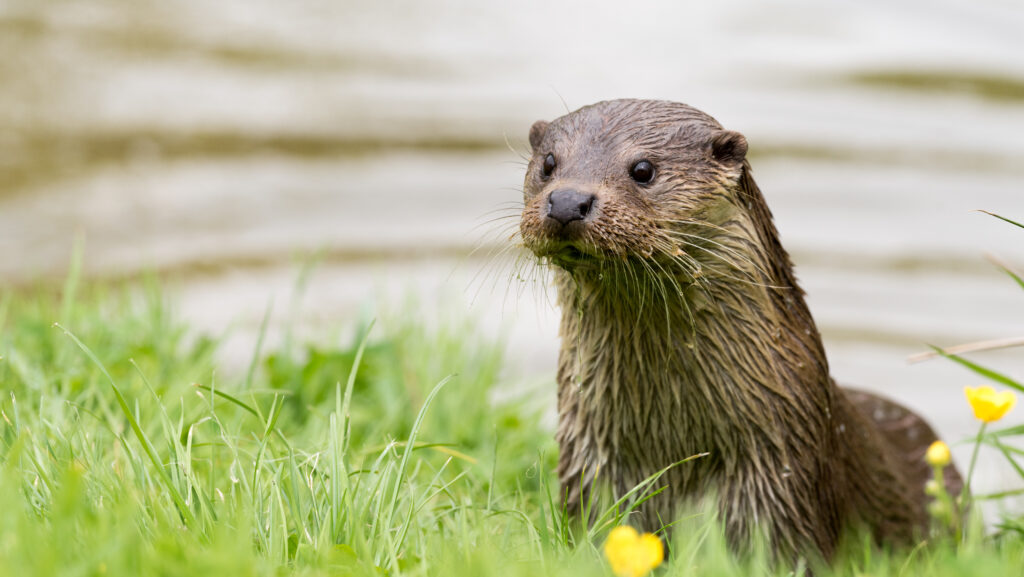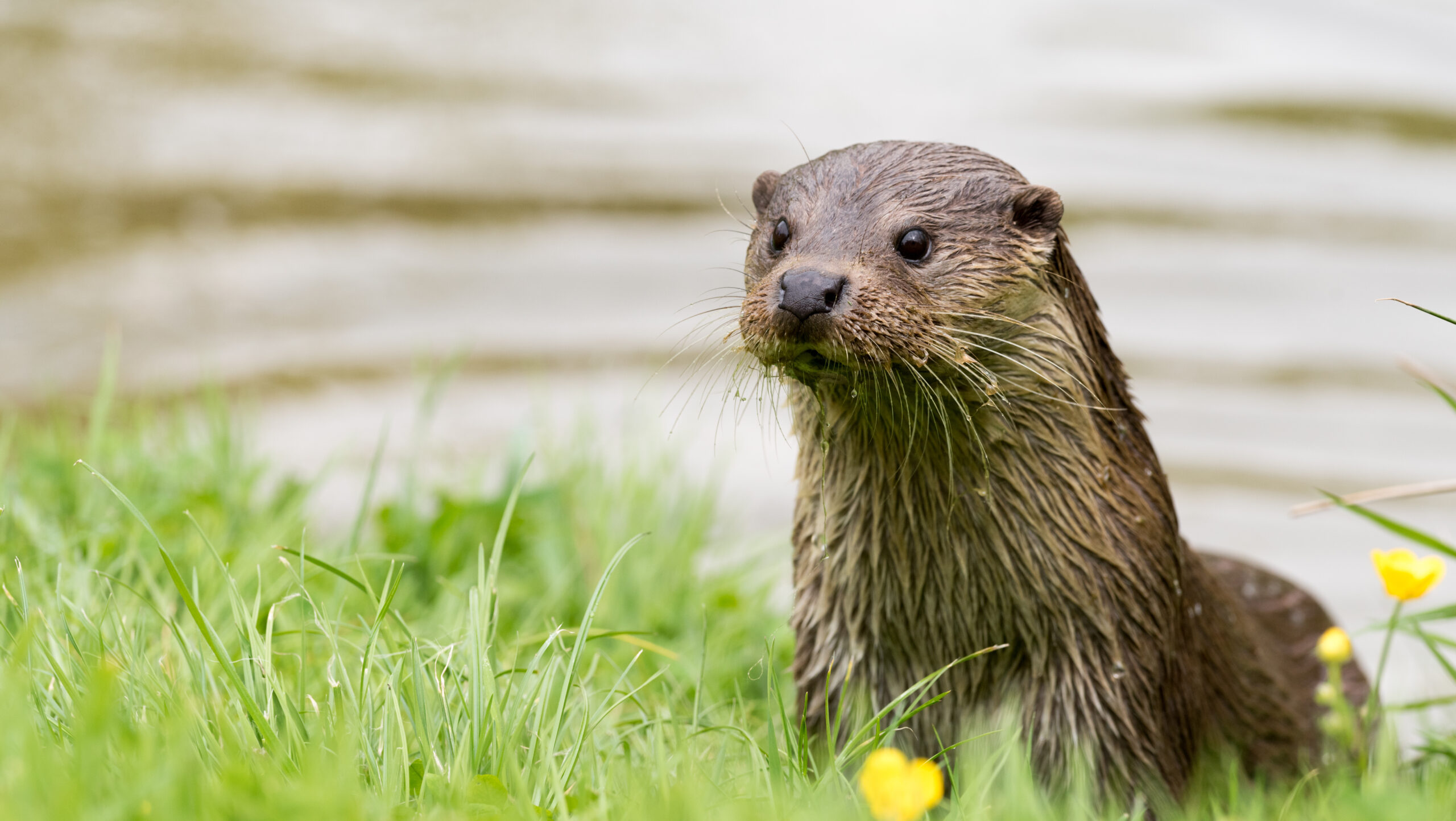On World Children’s Day, Karín Lesnik-Oberstein considers the origins of the links between children’s literature and nature – and what it means to make children (and therefore children’s books) responsible for the environmental crisis and its potential solutions.

If there is anything that most people seem to agree on nowadays, it is that children and animals and the environment have a special bond. This includes children being at the forefront of many environmental protests – perhaps most famously 15-year-old Greta Thunberg starting the ‘school strikes’ movement in 2018.
However, childhood is not necessarily seen in this way at different times in history and in different cultures. This very specific linking of childhood with animals and nature – as natural as it seems to many people, certainly in the UK and USA – actually began in the work of the French philosopher Jean-Jacques Rousseau in his 1762 book Emile or: Treatise on Education.
In this book, Rousseau develops the idea that children (especially boys) should be educated from and by nature rather than by being schooled through reading because he conceived of human societies as a corruption of an uncorrupted nature: he wanted to argue that some of this societal corruption could be minimised by keeping children in a more ‘natural’ state.
Rousseau introduced an interesting and important paradox by making this argument, as this idea of learning from nature has, after all, to be read in his book.
Rousseau’s ideas, together with those of the English philosopher John Locke (in his 1693 book Some Thoughts Concerning Education, for instance) led to the first writing of what came to be known as ‘children’s books’ or ‘children’s literature’. Before this time, books were not written with children as a specific or special audience in mind.
Following Rousseau’s paradox, we still find to the present day that children’s books are very often about animals, nature and the environment and that key ideas in education involve the assumption that children do indeed need to learn about nature from books. Even if they are thought to need to learn from nature itself, then that idea must still be formulated and propagated through reading it in books.
The influence of Tarka the Otter on ecological writing
Recently, I published an article thinking about how critics write about environmental issues in literature (called ‘ecocriticism’) in relation to a specific example: Henry Williamson’s 1927 book Tarka the Otter.
Williamson’s book tells the story of the life of this otter and its family in the Devonshire countryside (there is still a railway line called the ‘Tarka line’ in Devon). Precisely because Tarka the Otter is about the life of an animal, it is often classified as a children’s book and because of this classification it has been little studied critically.
Yet Tarka the Otter was a major influence on a foundational text of modern ecological writing, Rachel Carson’s 1962 book Silent Spring. For the first time, Silent Spring set out for a wider audience how biologists such as Carson were realising that pesticides were killing wild birds and that this in turn has much wider consequences for the health, food production and environment of humans.
In my article, I raise the problem of what it means to make children (and therefore children’s books) responsible for the environmental crisis and its potential solutions. Certainly, since these themes have been present in children’s books for hundreds of years, it must give pause for thought that none of this has prevented the environmental crises from developing. Why do we think that they could do so now?
This is not to argue that we should despair, but it does raise questions about putting the responsibility for saving the environment on the shoulders of children and raises the question of how true it is that children are necessarily more in touch with animals and nature than adults.
Professor Karín Lesnik-Oberstein is Director of the Graduate Centre for International Research in Childhood: Literature, Culture, Media and the M(Res) in Children’s Literature in the Department of English Literature at the University of Reading.

